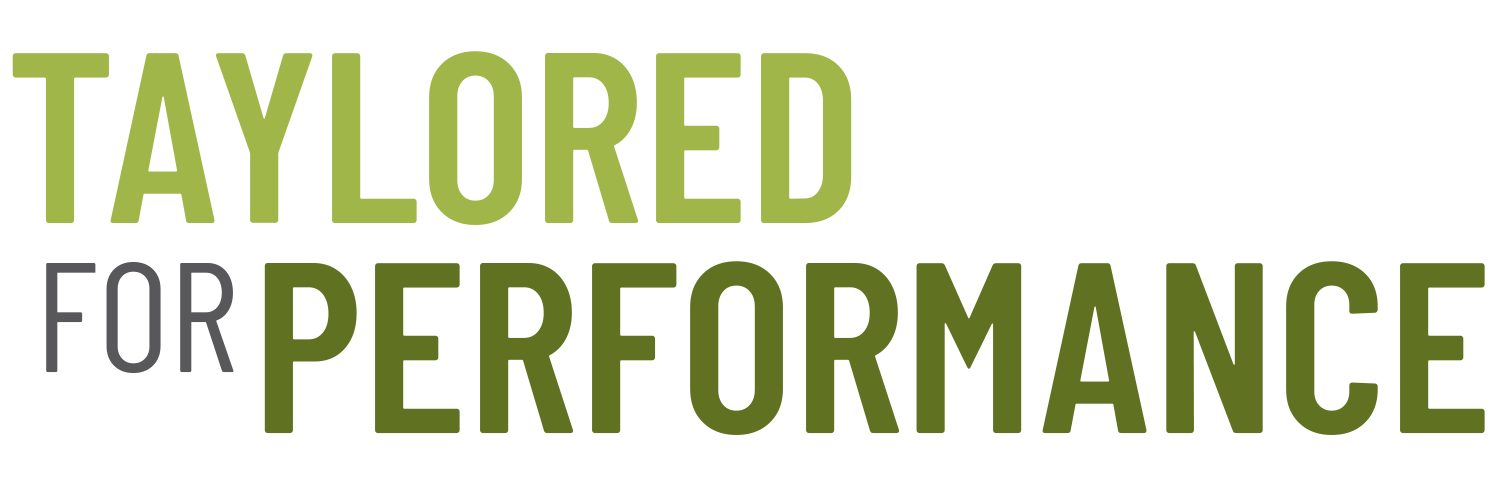How Bad Are Energy Drinks?
How Bad Are Energy Drinks?
Did you know energy drinks are commonly consumed amongst athletes, service members and adolescents?
Energy drinks are promoted to increase alertness and enhance physical and mental performance, although there is very limited scientific data to back up these claims.
Energy drinks are high caffeinated beverages that often contain vitamins, minerals, amino acids, herbal extracts, sweeteners and/or proprietary blends. Energy drinks are not sports drinks.
Food and Drug Administration (FDA)
Classifies energy drinks as either
1. Foods/Beverages
2. Dietary Supplements
Doesn’t require manufacturers to provide the caffeine content or the amounts of other ingredients
American Beverage Association (ABA)
Represents 95% of the energy drinks in the United States, which are labeled as conventional foods/beverages
Energy drinks are required to display the total caffeine on the container
Ingredients
Caffeine: a central nervous system stimulant that can be found naturally in coffee, tea, cocoa, kola nuts, guarana, yerba mate and green tea extract. Guarana can contain 2-5 times more caffeine than coffee. Guarana and yerba mate are often present in energy drinks as part of an “energy blend” and usually are not accounted for in the caffeine levels listed on the nutrition facts label.
According to the U.S. Food and Drug Administration (FDA), 400 mg per day of caffeine, or about four to five cups of coffee, is considered safe for healthy adults. Safe limit for adolescents is 100 mg per day, the amount of caffeine in one cup of coffee.
Sugar: most energy drinks contain sugar, which can lead to excess calories and weight gain
Sodium: most energy drinks contain moderate amounts of sodium, which in excess can lead to high blood pressure
B Vitamins: essential for good health and helps your body turn food into energy, but it does not directly provide you energy. Most energy drinks contain high levels of B vitamins and in excess usually is passed through your urine; however, extremely high quantities can cause headaches, dizziness, skin conditions and GI issues.
Taurine: amino acid that is naturally produced by the human body and found in meat, fish and dairy products. Taurine has many functions in the body and plays a role in brain development. Little is known about the effects of long-term supplemental taurine use and the research is controversial. Some studies have shown taurine may improve athletic performance. While others have shown caffeine and taurine combined may negatively affect cardiovascular health.
Most of the added ingredients such as ginseng extract, L-carnitine and creatine in energy drinks are Generally Recognized as Safe by the FDA. However, when combined together with caffeine it can cause health issues.
Adverse Effects
Headaches
GI distress
Trouble sleeping
Anxiety
Weight gain
Increased blood pressure
Increased heart rate
Chest pain
Seizures
Death
Vulnerable Populations
Children and adolescents
Pregnant and breastfeeding women
People sensitive to caffeine
Those taking stimulant or caffeine-based medications
Those with certain cardiovascular or medical conditions
What about consuming with alcohol?
Consuming energy drinks and alcohol together can be a dangerous combination as high caffeine levels mask the feeling of drunkenness without reducing the alcohol-related impairment. This could lead to drinking larger amounts of alcohol and increase risk of alcohol-related harms.
Can it improve athletic performance?
While caffeine can enhance performance, there has been inconsistent evidence on the effect energy drinks have on athletic performance. Better to choose a natural occurring caffeine beverage (e.g., coffee) that doesn’t include the added stimulants.
Energy drinks should not be used for hydration before, during or after physical activity. Water is the best choice.
Energy drinks could have the potential to expose an athlete to positive drug test as products contain proprietary blend, herbals and unrecognizable ingredients that may be banned.
Popular Energy Drinks & Caffeine Content Comparison
Bang Energy Drink 16 fl. oz. can = 300 mg
Celsius Live Fit 12 fl. oz. can = 200 mg
Monster Energy Zero Ultra 16 fl. oz. can = 140 mg
Red Bull Energy Drink 8.4 fl. oz. can = 80 mg
Reign Total Body Fuel 16 fl. oz. can = 300 mg
Rockstar Energy Drink 16 fl. oz. can = 160 mg
3D Energy Drink 16 fl. oz. can = 200 mg
Consuming one can (16.9 oz. or 500 mL) per day of an energy drink is safe for most healthy people who do not have a caffeine sensitivity. The biggest concern is consuming multiple energy drinks and/or other caffeine products, such as coffee, tea, soft drinks, caffeine pills, caffeine-infused gum and espresso bean candy, that could lead to caffeine intoxication and negatively affect health.

